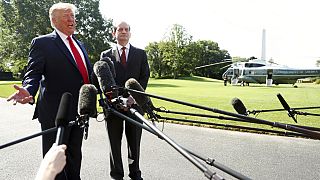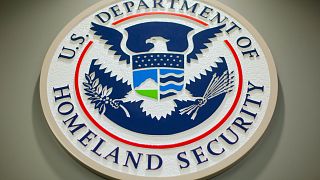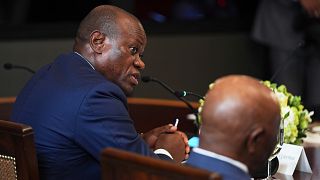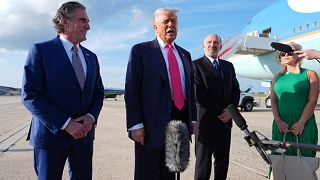Botswana
The regulator of global wildlife trade has agreed to impose a near-total ban on sending African elephants captured from the wild to zoos. The development imposes restrictions on countries intending to sell or move elephants to places where they face confinement.
Conservationists hailed the decision as “momentous”.
States party to the Convention on International Trade in Endangered Species (CITES) approved the measure following a heated debate in Geneva on Tuesday.
Zimbabwe and Botswana opposed the decision and sought to block the vote. The two Southern African countries have captured elephants and sold them to zoos in China and other countries.
Botswana recently lifted a ban on elephant hunting, a move that was criticized by conservationists.
Tuesday’s decision only impacts African elephants as those in Asia already enjoy more protection against international trade.
Last week, countries voted overwhelmingly on Thursday to regulate international trade in giraffes, an endangered species, and in their body parts, overcoming objections by southern African states and drawing praise from conservationists.
More than 100 countries also voted to ban the trade in the smooth-coated otter. Experts say the numbers of wild otters have plumetted by at least 30 percent in the past three decades, accelerated by their popularity as pets in Japan.
CITES regulates the buying and selling of species at risk of extinction around the world, either by imposing outright bans or by requiring permits so that rare animals and plants are not over-harvested.
NGO’s welcomed the measures taken during the conference but are now urging states to enforce them.
Species are “endangered by trade, but many of these species’ trade is even worse because of the other factors, because of climate change, because of development and because of habitat lost”, said NGO Wildlife Conservation Society’s vice president of international policy, Susan Lieberman, raising concerns on species caught in the wildfires of the Amazon rainforest.
Agreements passed at the conference are legally binding to the signatory states, and although they do not supersede national law, they set standards for global trade and tourism.













01:17
UNESCO inscribes 26 new sites on World Heritage list
01:26
Brazil elephant sanctuary welcomes its newest resident, rescued from a zoo in Argentina
02:05
In Zimbabwe, metal scrap collecting is reducing environmental pollution
Go to video
Zimbabwe court rejects opposition bid to block Gukurahundi massacre hearings
02:19
South African actor Embeth Davidtz makes directorial debut with Rhodesia-set drama
02:22
Cameroonian marine conservationists trained as scientific divers